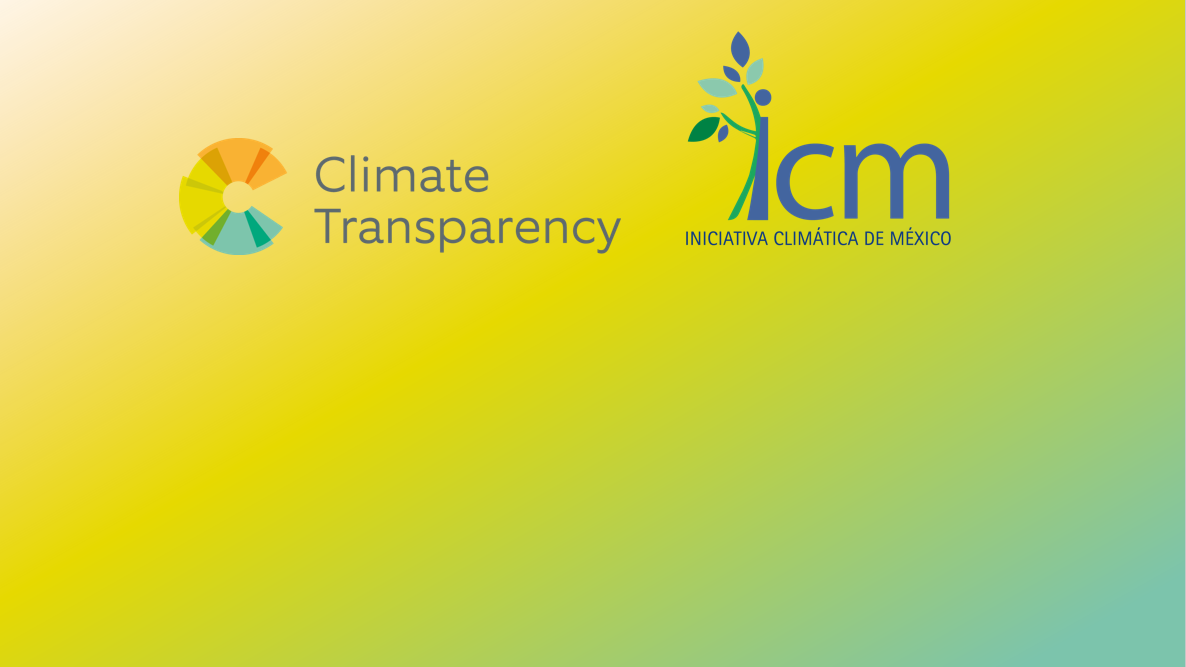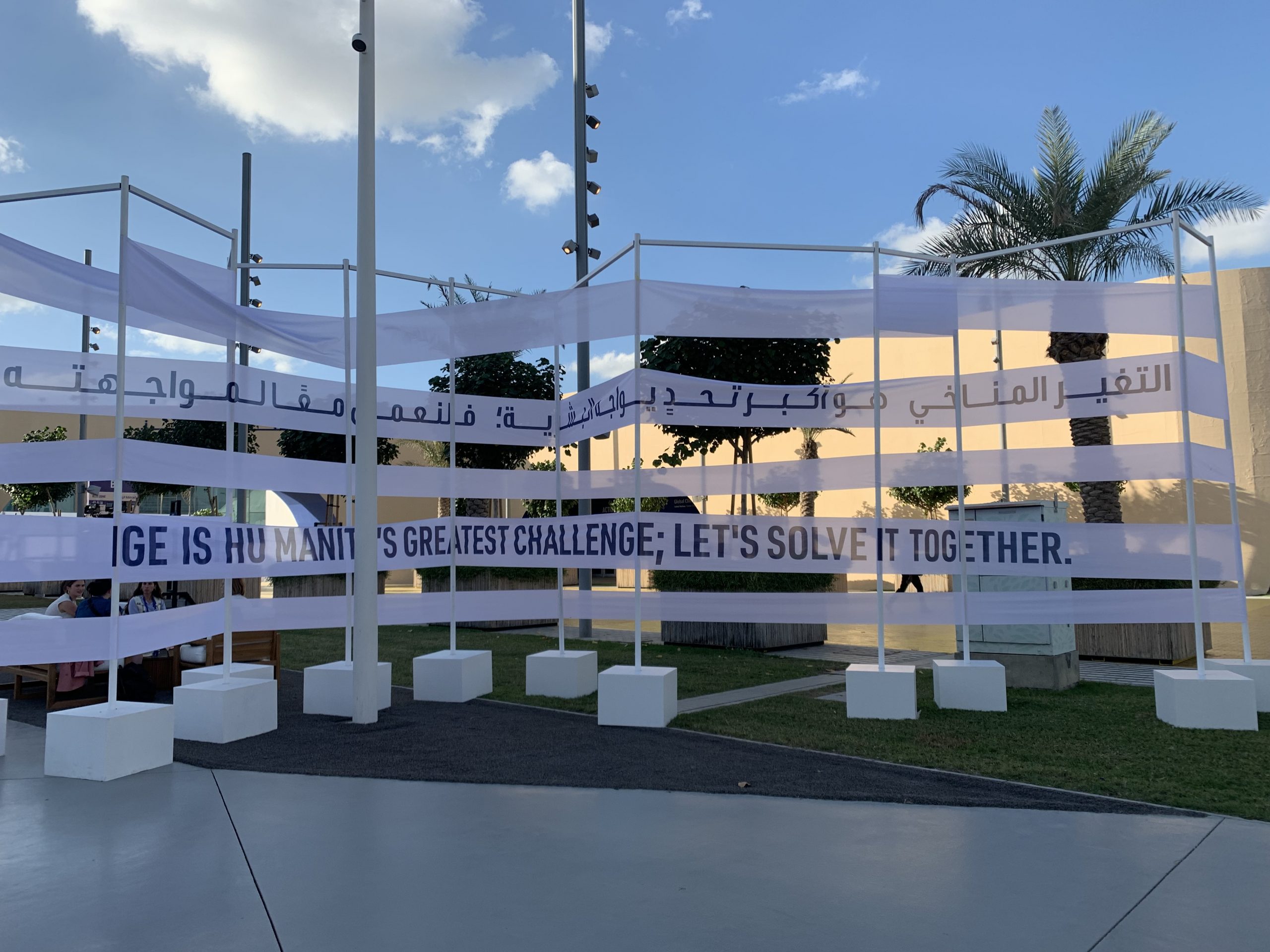Designing a fair coal phase-out strategy in Mexico is one of the country’s most urgent measures to address climate change and to ensure an energy transition under a perspective of justice, human rights, and gender equality. However, clear policy actions for a fair coal phase-out are not yet part of the public agenda.
Compared with the experience from South Africa, Germany, and other G20 countries, which have a long trajectory studying the social, environmental, and economic implications around coal and the pathways for a just transition, there is still a considerable knowledge and action gap in Mexico regarding a fair coal phase-out.
Therefore, this policy paper aims to inform decision-makers on the importance of developing a plan for a fair coal phase-out and substitution plan with renewable energy sources.
By pointing out serious social, environmental, and human rights implications of the coal industry in the most important coal region of the country, the state of Coahuila, it outlines several key elements for designing a fair coal phase-out plan with a focus on community, dialogue, and participation.
The first chapter highlights the importance of accelerating the global coal phase-out to keep the Earth’s temperature increase below 1.5°C and Mexico’s insufficient action to tackle global warming.
The second chapter focuses on the socio-environmental impacts of the coal industry in the country and points out the very serious human rights violations resulting from coal mining.
The third chapter outlines the elements necessary to implement a plan that ensures the exit of coal under a climate justice and human rights approach. This section also contains public policy principles regarding coal phase-out and emphasizes the importance of having a social justice approach to energy policy planning and decision-making.
The fourth chapter describes some of the main challenges a fair transition away from coal faces, such as political interests, lack of information, and economic dependency. It explores the opportunities that local communities and the national context have created to enhance the public debate around the subject.
The final section remarks that coal and its phase-out have not received enough political attention in Mexico yet. It ends by highlighting the most relevant challenges (cultural, social, political, economic, and regulatory) for implementing a coal phase-out pathway from a bottom-up perspective and under a just energy transition approach as part of the domestic agenda.






